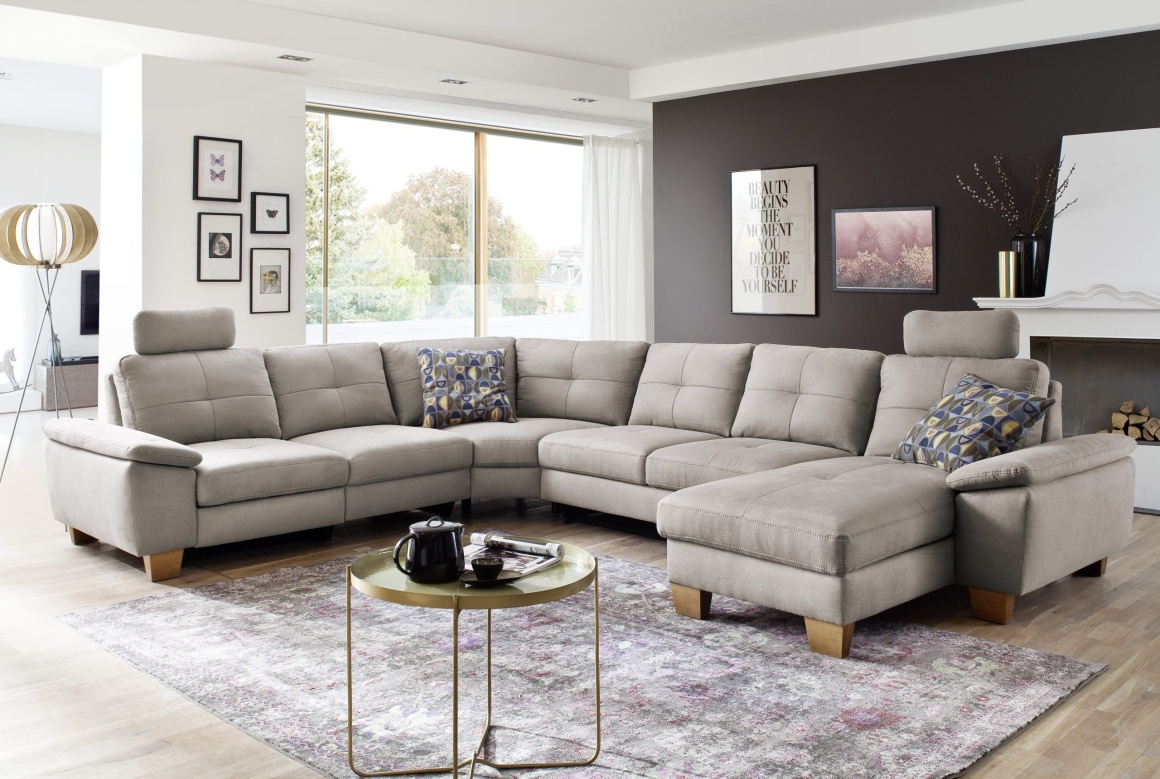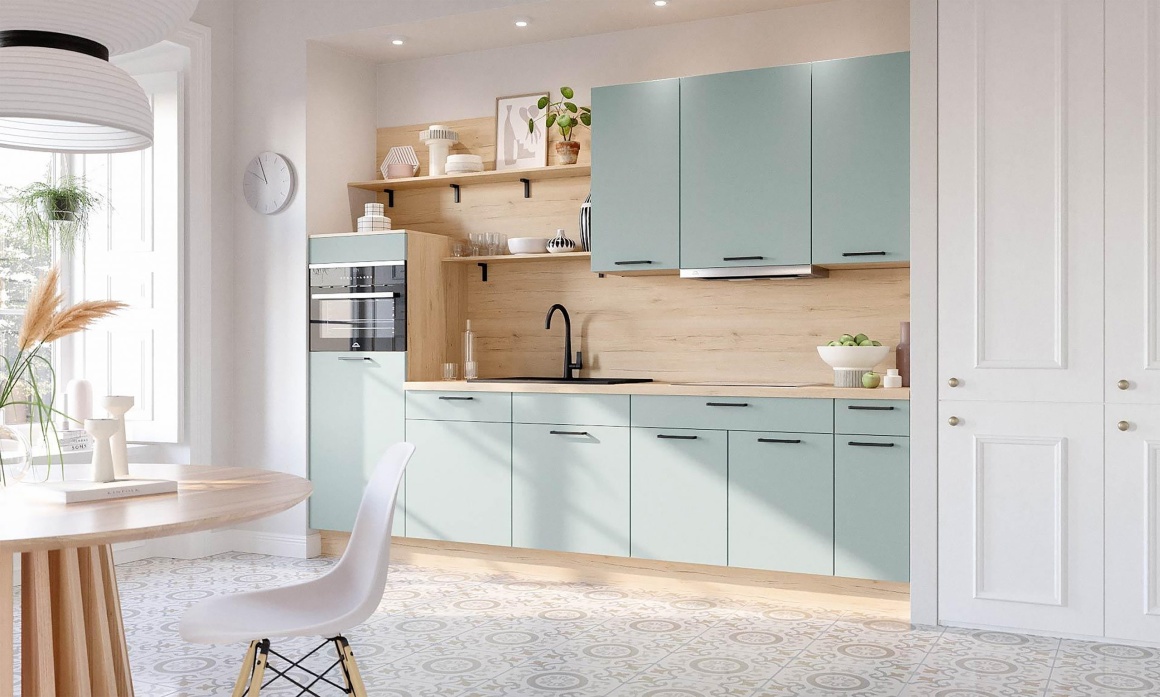POCO Einrichtungsmärkte GmbH relies on Electronic Shelf Labels (ESL). So far, 93 of the 127 stores have been equipped with this technology, with the aim of retrofitting the rest by the end of the year. Sebastian Schrader, Head of Organization at POCO, told us why this was the right decision for the furniture stores, why he is now approaching the implementation differently and what role displays play in the stores alongside digital price labels.

Sebastian, why did you decide to use digital price labels at POCO?
Sebastian Schrader: We looked into the topic back in 2016 and started installing them in 2017. With 127 stores and up to 3,000 price labels per week per store, we saw the enormous effort required by our staff to keep pricing up to date. The aim was not to save time, but to use our employees' capacities for other important tasks - stocking shelves or investing time in providing advice.
What does the use of digital price labeling look like in everyday store life?
Every morning, the cloud in the background of the ESL (Electronic Shelf Labels) receives a notification from the central merchandise management system with the articles and prices for each store. These are then transmitted to the ESLs via a radio antenna so that each product receives the current price every day.
And this has, as hoped, increased the efficiency of everyday store operations?
In our case, definitely. By using ESLs, we have been able to free up 1 to 1.5 employees per store for other activities. We are not aiming to reduce staff, but to create capacity to better serve and advise our customers.
When you look back on the implementation: what have you learned and what would you do differently today?
Of course there are always lessons learned. I don't know if I would do it differently, because otherwise I wouldn't have the learnings. I think I would equip an entire store with ESL today. Back then, we started with a specialist range - wallpapers, paints, varnishes - and a peripheral furniture range, i.e. no large furniture items such as sofas or closets. That's how we did it in 30 stores and then realized: It also works quite well with large furniture and then we followed suit in those areas. That was a lot of duplicated effort in 30 stores, which I would avoid in future. My tip: do it completely or don't do it at all.

Are there differences in the product ranges with regard to ESLs?
Yes, especially when it comes to the placement and size of the labels. For large pieces of furniture such as upholstered furniture and closets, we need larger labels, while smaller items such as tools or decorative items get by with smaller labels. There is a wide catalog of possibilities for application, so it is advisable to limit yourself early on to ensure a successful integration.
Do you expect more automation and digitalization in the coming years?
I believe that certain areas cannot be digitized, such as personal customer advice. But in principle, more will be done in these areas in the future, because there are customers who prefer self-service terminals or scan-and-go options. But you don't always have to think big. For example, our ESLs are great for additional information via QR codes, which also counts.
How important are emotions in stationary retail?
Some products, like a chest of drawers, are emotionless. You buy them to store things in. With other things, it makes sense to arouse emotions. If you run a clip with the appropriate preparation next to the coffee machine or place a cool box with ice-cold Coca-Cola in the aisle in summer and illustrate it with suitable summer and beach pictures, then that has an effect on the customer and certainly arouses emotions.
You also use displays in this context. Where exactly?
Displays play an important role in arousing emotions, especially in the entrance area of our kitchen planning studios. We use different sizes, from 43 to 98 inches, to convey advertising content or emotional experiences. However, the roll-out is naturally cost-intensive, which is why we use existing hardware in various places and make targeted use of new screens.

Have you noticed a change in customer behavior through the use of displays?
Classic price labels on displays are often overlooked. But interactive features that are not possible on paper are changing customer perception. In recent years, customers have learned to interact more with displays.
What about the link between online and offline?
We are trying to link online and offline. For products such as washing machines, the range is larger online. QR codes take customers to our website, where they can choose from a more extensive range.










